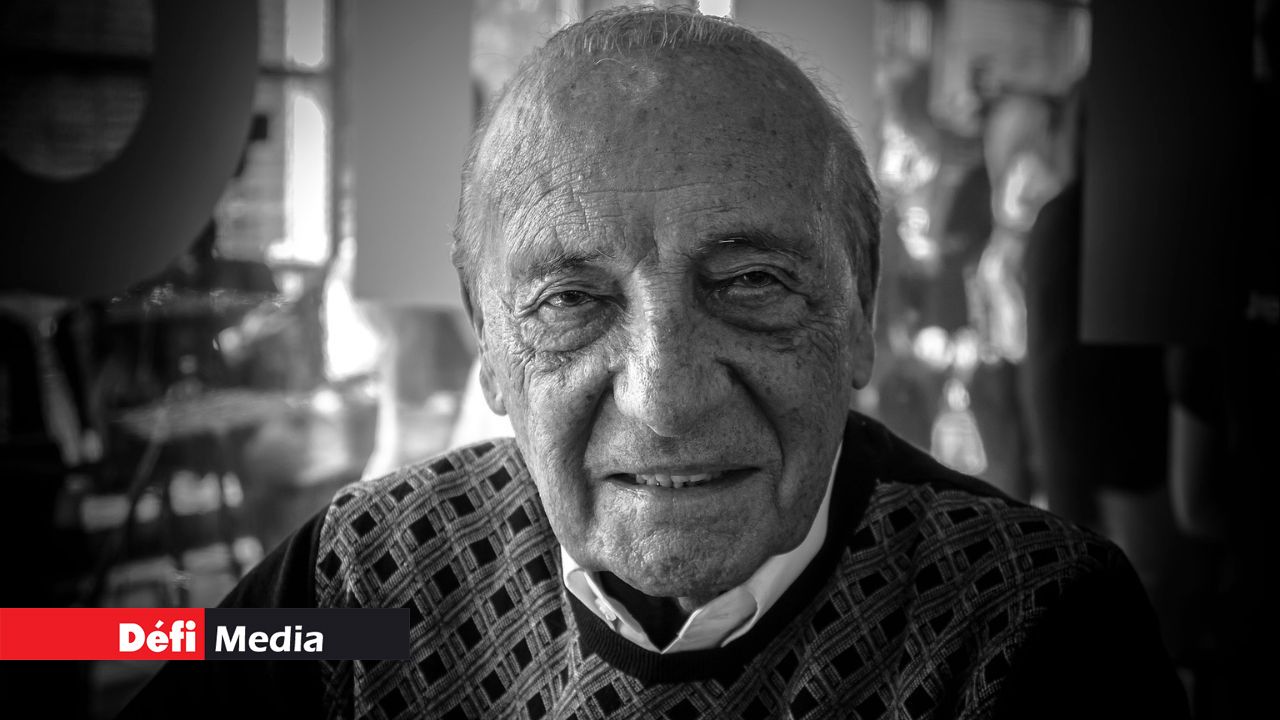
After several decades in the opposition the Left returned to power in 1981. On 10th May of that year, Mitterand won a resounding victory and became the fourth President of the fifth republic.
Publicité
But sometime earlier, this victory did not appear to be so obvious. In the legislative elections of March 1978, the Left suffered a drumming defeat by winning only 107 seats as opposed to the combined 287 seats of the rightist parties, RPR and UDF. That the left was indeed in bad shape could be gauged by the results of the European elections held on 10 June 1979. The Right led by Simone Veil ramped up with 77.8 % of the votes, leaving the left with the crumbs of 27.8 % percentage of votes only.
Mitterand, as Secretary General of the Socialist Party was not only viewed as somebody having no pungent national destiny, but he was also contested within his party itself. Some of his closest collaborators did not pin much hope on his stars. The rising star at that time was Michel Rocard. He had joined the Socialist Party in 1974. In an interview on Antenne 2 on 19 March 1978, after the crushing defeat of the Left, he stated:" The Left has missed another rendezvous with history, the eighth since the beginning of the 5th republic. Is it a fatality? Is it impossible, definitely for the Left to govern this country? My answer is No". On that day, a star was born .
There is nothing more salient than the sizzling contrasts between these two personalities. While Rocard spoke in a theatrical voice like Louis Jouvet, Mitterand's intonation was always soft,"chattemitterand", as it was known.
Politically, Rocard was a technocrat and a pragmatist, while Mitterand was a doctrinaire Socialist with strong footprints of Marxism in his outlooks. There was also the age factor, as Mitterand was already above 60 and Rocard was in his mid-forties. All these variants propelled the latter as the favourite candidate of the Left, as evidenced by the polls. Those conducted by SOFRES and published by Le Monde on 1st December 1978 revealed that 40 % of French people preferred Rocard as the favourite presidential candidate for the Left, as compared to only 27 % for Mitterand. In another poll conducted by Louis Harris and published by L'xpress in mid-1979, 55 % expressed their preference for Rocard as the favourite candidate of the Left, while only 25 % showed confidence in Mitterand.
Rocard became the apple of the eyes of French writers and intellectuals, and Mitterand was written off as a man of the past. This emboldened Rocard to announce on 25th February 1980 that he was prepared to be the presidential candidate of the Socialist Party in the forthcoming election.
Enter Jacques Seguela in May 1980. He was the co-director of an advertising agency called RSCG and the author of a provocative book entitled “Ne dites pas à ma mère que je suis dans la publicité....Elle me croirait pianiste dans un bordel”. He wrote to Valery Giscard D'Estaing, Jacques Chirac and François Mitterrand and offered them his services, underlining that communications would play a pivotal role in future elections.
Only Mitterand replied positively. The latter had a first meeting with him at Pactole Restaurant during which Seguela told him, at the very outset itself, that he was not a socialist. His only party was “la publicité". Mitterand was charmed. He decided to meet Seguela regularly during which the latter groomed him on image building. Each time they met, he offered a new advice. For example, he advised Mitterand not to fold his hands tightly while talking on TV, "balladez les devant la caméra”. He should prepare minutiously for his TV appearances, cancel all previous appointments, concentrate entirely on them, not eat too much, nor learn by heart, but rather be spontaneous. At another meeting, he advised him on his style of dressing: "Don't dress like a banker. It does not imply solidarity", ("habillez-vous à gauche... avec des couleurs camaïeu, des matières destructurées, des laines etc").
Mitterand obeyed and changed his costume from Arny's to that of Lasange. Another time he even dared to order Mitterand to file his protruding teeth in order to have a telegenic smile, ("with such teeth you will never be elected as President of the Republic"). Mitterand obtemperated and had his teeth filed. With a new image and the dazzling effects of "mediacracy", the reinvigorated Mitterand announced his candidature to the post of President of the Republic on 8th November 1980. The whole Socialist Party rallied around him, thus nipping in the bud the outsized ambitions of Rocard.
Seguela also helped in the electoral campaign and TV debates by devising eye-catching slogans. For example, he coined the seductive slogan "La Force Tranquille" for Mitterand and "Il faut un President à la France" for the Socialist Party.
During the presidential debate, Mitterand appeared confident and dominated his adversary. He nipped the arrogant and pedantic style of Valery Giscard D'Estaign by admonishing him as follows: "Je n'accepte pas cette façon de parler....je ne suis pas votre élève et vous n'êtes pas le president de la Republique.Vous n'etes qu'un candidat". He attacked him on his monarchist tendencies by concentrating all powers in his hands (“Un Pinochet en devenir"). However, he refused to hit below the belt. For example, he avoided to attack on personal issues such as the diamonds received as gifts from Bokassa or the private lifestyle of Valery Giscard D'Estaign, known as "Don Juan de lavabos".
Mitterand won handsomely on 10 May 1981. Sometime earlier, on 21 January 1981, he had described Seguela as "The best advertiser I have ever known". This shows that he had recognized the cardinal role of image building and communication in politics.
However, to attribute the victory of Mitterand solely to the lessons of Seguela would be tantamount to the adoption of a reductionist approach. There were other important factors, like his resilience and determination, his political experience and acumen, the unfading loyalty of a small coterie of close collaborators, the alliance with the Communist Party to avoid a division of votes of the Left and the attractiveness of an innovative "Programme Commun de la Gauche".
Azize Bankur
Source : Le President by Frank-Olivier Gesbert, Seuil, 1990

Notre service WhatsApp. Vous êtes témoins d`un événement d`actualité ou d`une scène insolite? Envoyez-nous vos photos ou vidéos sur le 5 259 82 00 !















![[Document] Réforme électorale : découvrez les propositions du gouvernement](https://defimedia.info/sites/default/files/styles/medium/public/reform_electorale_document.jpg?itok=i-XvATtS)






